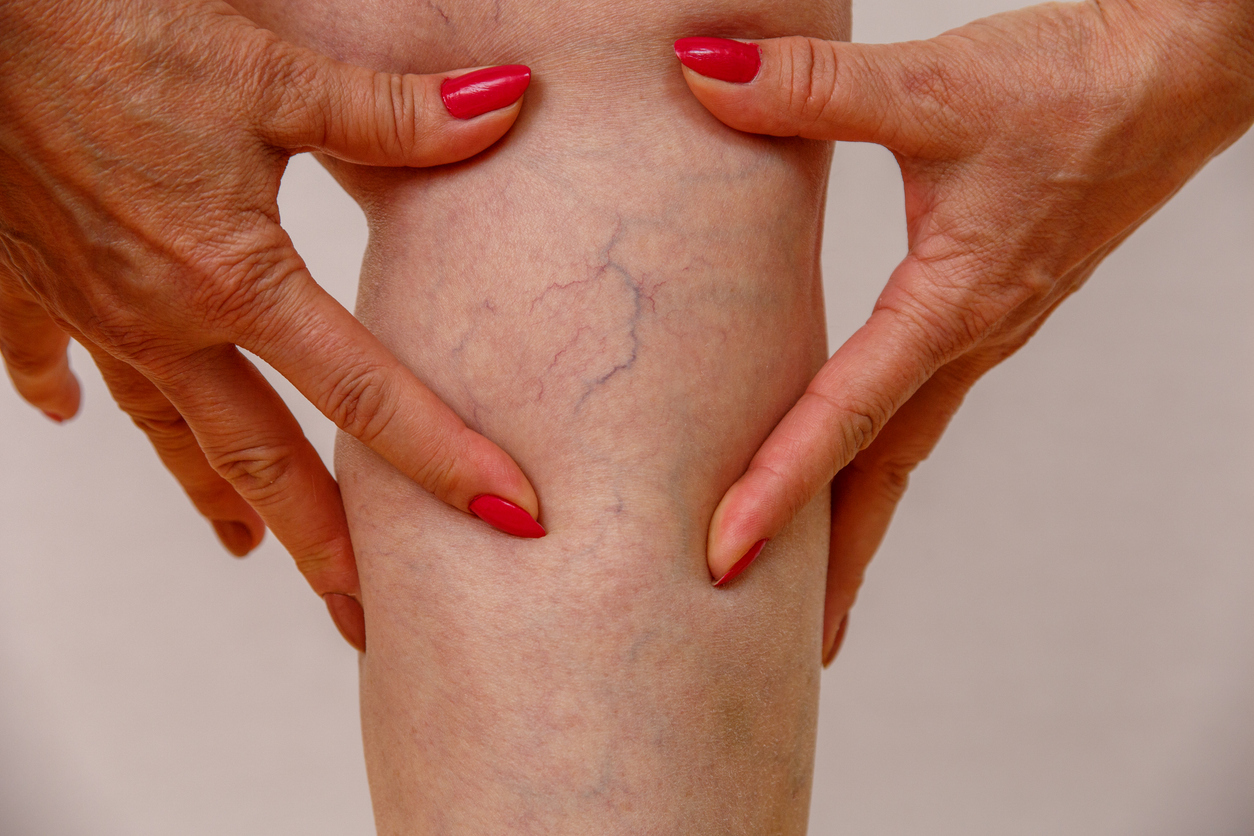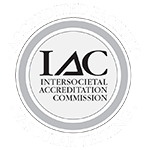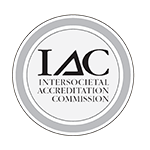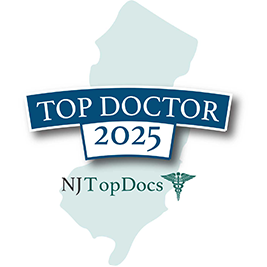Maintaining healthy veins is essential for overall well-being, and fortunately, there are effective non-surgical strategies to support vein health. At the Vein Institute of New Jersey, we emphasize proactive measures to promote optimal vascular...
Read More5 Ways to Improve My Vein Health Without Surgery
The Mediterranean Diet: A Heart-Healthy Choice for Your Vascular System
At The Cardiovascular Care Group, we are dedicated to promoting not only vascular health through advanced treatments and diagnostics but also through education on preventative care—especially when it comes to nutrition. One dietary approach...
Read MoreCan Young People Get Vein Disease or Varicose Veins?
When people think of varicose veins, they often associate them with older adults. But at the Vein Institute at The Cardiovascular Care Group, we see plenty of younger patients — some in their 20s and 30s — who are surprised to learn they have ...
Read MoreUnderstanding SMA Syndrome
Superior Mesenteric Artery (SMA) Syndrome is a serious condition that affects the small intestine. While uncommon, it is a condition that we treat at The Cardiovascular Care Group. Understanding SMA Syndrome, its symptoms, causes, and treatment...
Read MoreWhat to Expect After Spider Vein Treatment: A Guide to Sclerotherapy Recovery
Spider veins are a common cosmetic concern, and sclerotherapy is one of the most effective treatments to eliminate them. If you're considering or have recently undergone sclerotherapy at the Vein Institute at The Cardiovascular Care Group, you...
Read More











